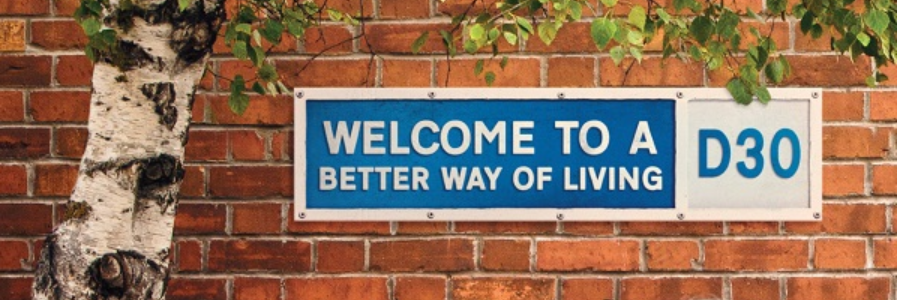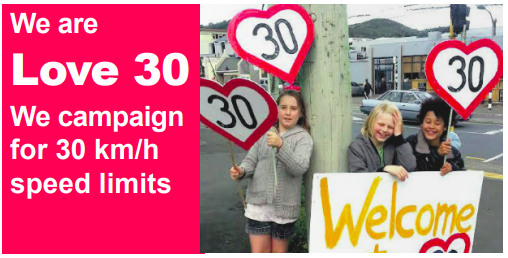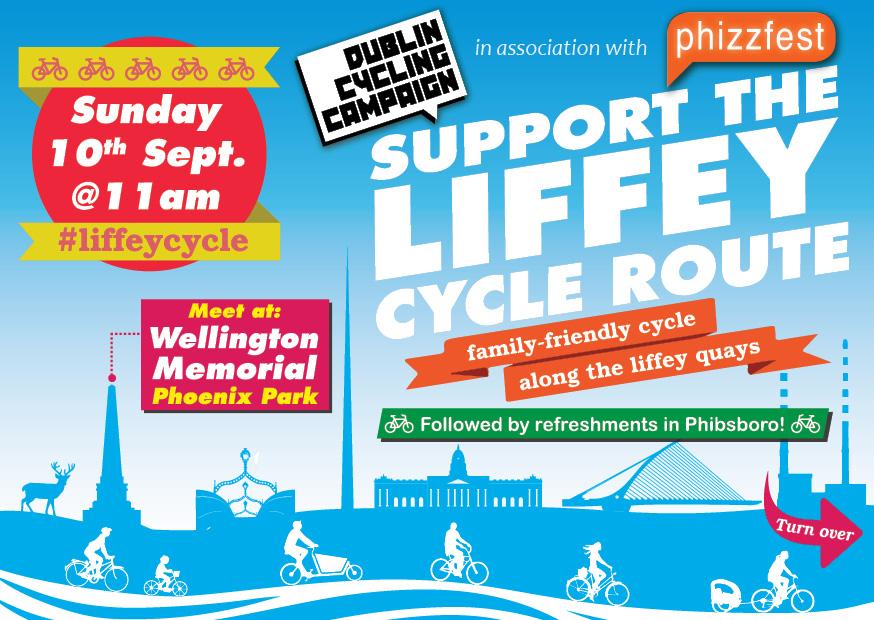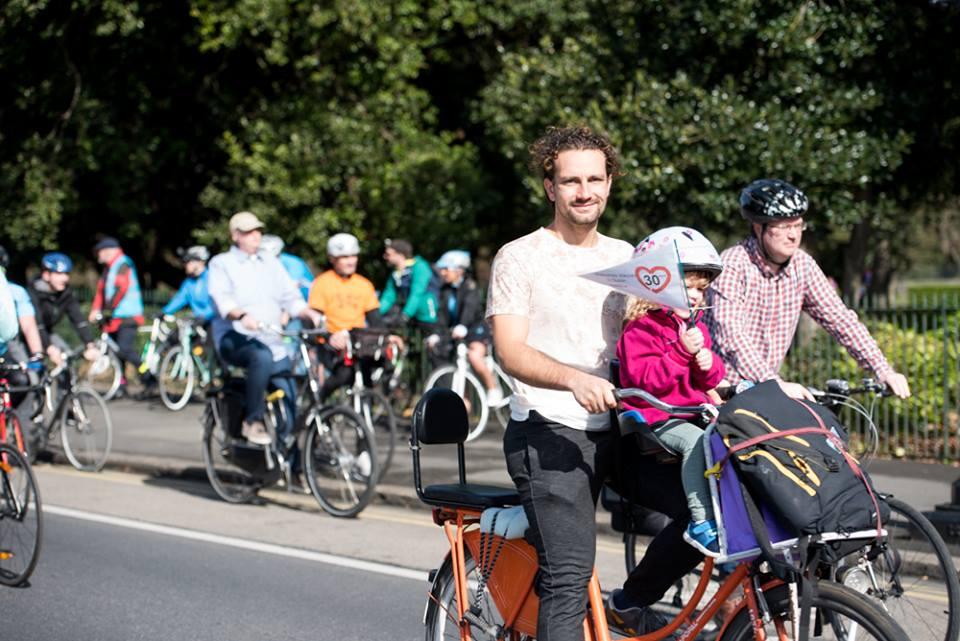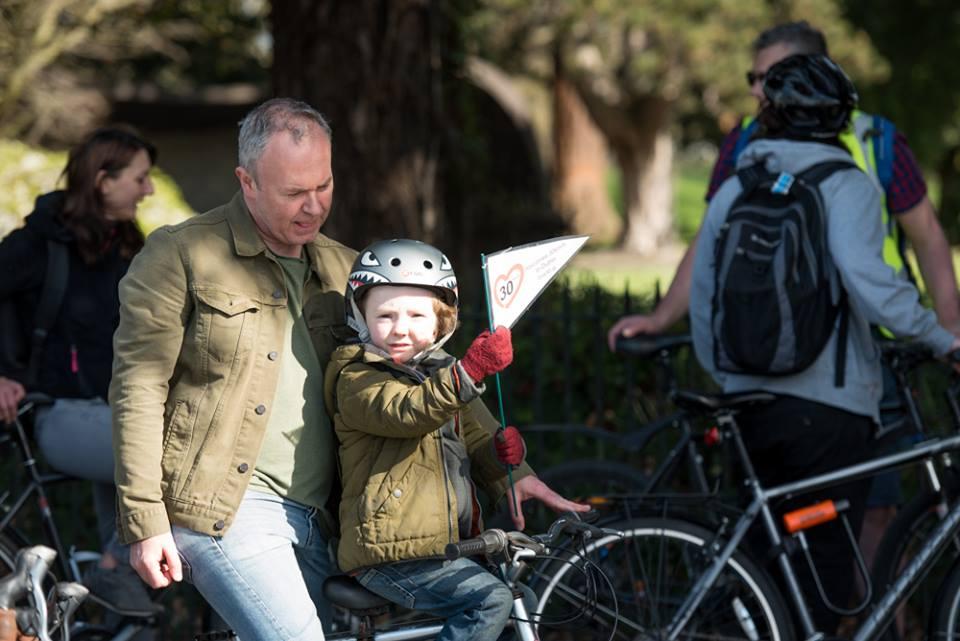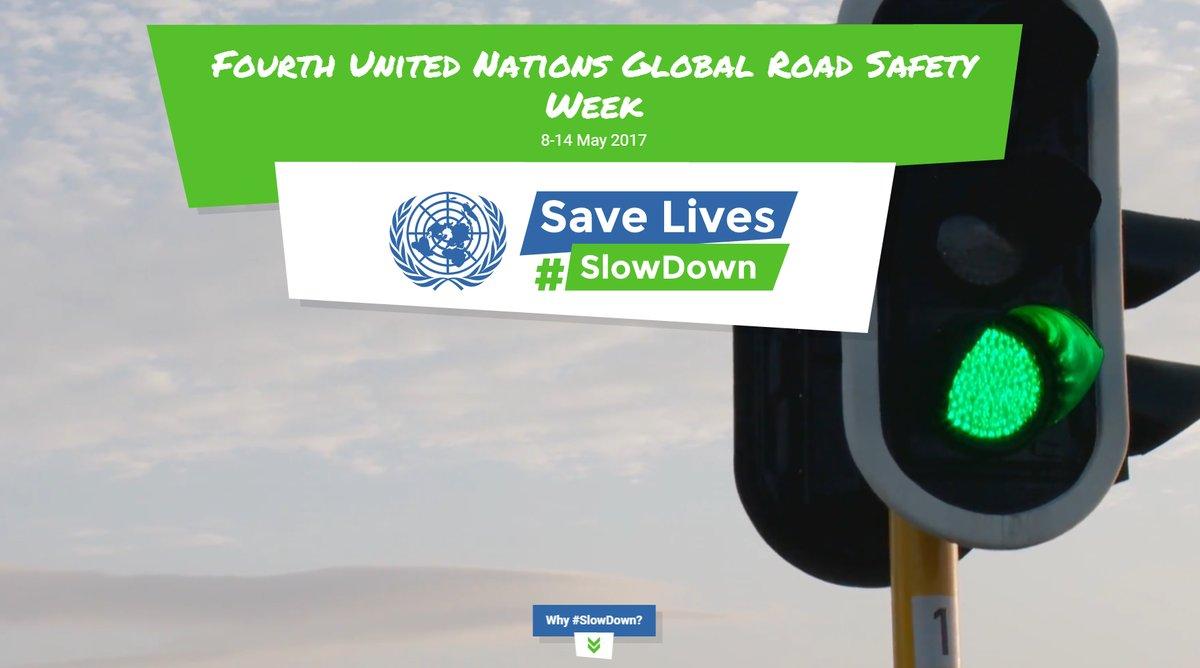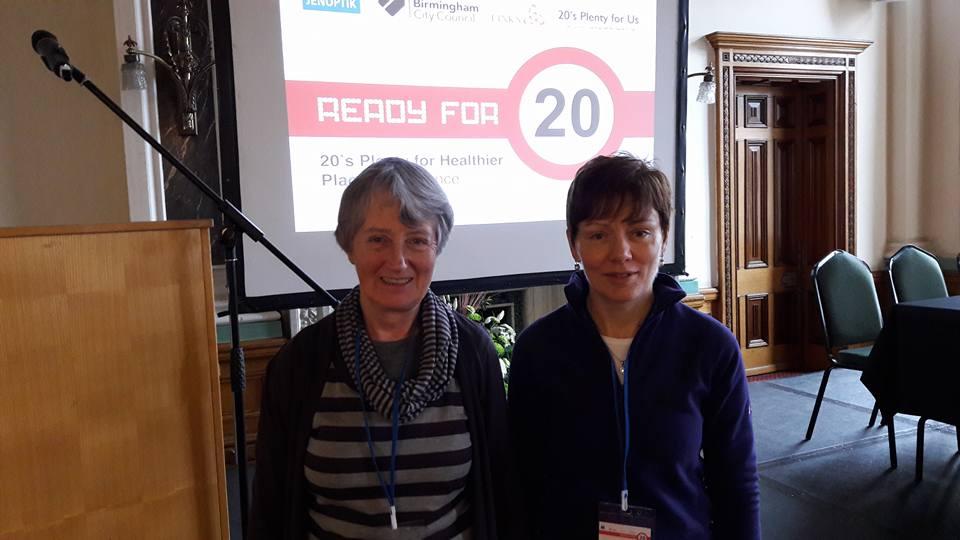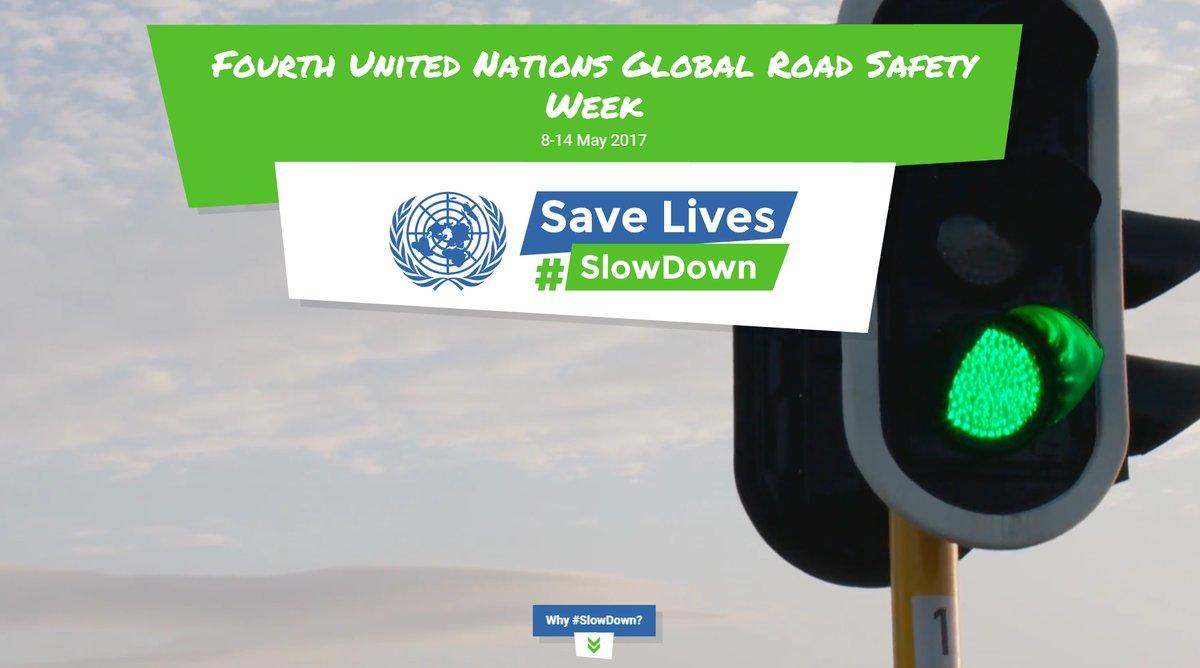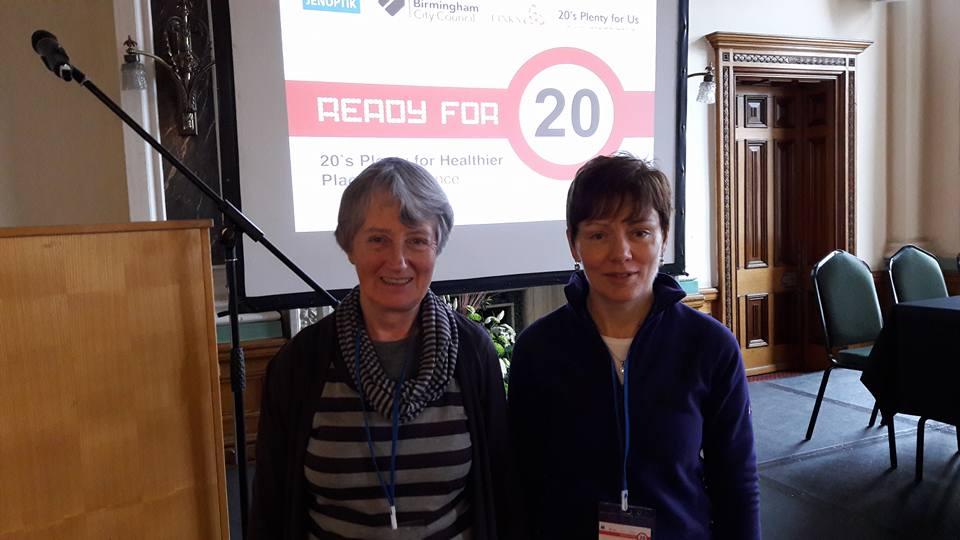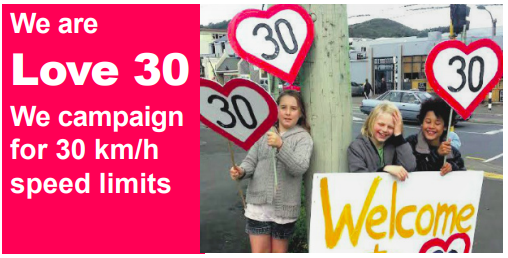
Dublin City Council also need to hear from you. If you want safer roads and lower speeds, make sure to respond to the Council's survey in support of these changes. It will take less than 5 minutes and can be done on phone or computer.
Proposed special Speed Limit Bye-Laws 2020 (COVID19) Phase 5
Submission by Love 30 Campaign for Lower Speed Limits
August 2020
The Love 30 Campaign is a national alliance of individuals and organisations who support lower speed limits in urban areas. We campaign for the introduction of more 30 km/h zones in urban areas, but particularly in town centres, residential areas, and near schools and other places of public assembly. The Campaign consists of walking groups, cycling campaigners, supporters of children’s right to walk & play, and others who recognise the benefits of lower speed limits.
Our supporters include:
- UK’s 20's Plenty for Us
- Dublin Cycling Campaign
- European Network for 30 km/h
- Jake’s Legacy
- Irish Pedestrian Network
- Phizzfest
- A Playful City
- An Taisce
- An Taisce Green Schools
- Councillors, TDs, Senators and MEPs from across the political spectrum support the campaign
Love 30 commends Dublin City Council on its proposal to introduce a default speed limit of 30 km/h on all roads in the Dublin City Council administrative area, except roads specifically listed in the bye-laws. We believe that the introduction of the default speed limit of 30 km/h will send a very clear message to all road users that Dublin City is a place where people can move about safely and that motor vehicles must slow down and respect more vulnerable road users. We hope that other Irish cities will follow the exemplary lead being given by Dublin City Council and will introduce default 30 km/h speed limits.
However, we have some concerns about the distributor routes that are proposed to remain at 50 km/h, especially Crumlin Road, where the width of the road should encourage slower speeds. Also, we are conscious that surveys by the City Council and the Road Safety Authority have shown poor compliance with the existing 30 km/h speed limits, especially on non-residential roads. Therefore, we would encourage Dublin City Council to secure funding for implementation of traffic-calming measures that will encourage adherence to the 30 km/h limits.
We are aware that the Programme for Government includes a commitment to ensure greater compliance with speed limits and hope that Dublin City Council will engage with An Garda Síochána to ensure effective enforcement of these new speed limits.
Love 30 welcomes Dublin City Council’s proposal to introduce a default 30 km/h speed limit in the City, hopes that a budget will be secured for appropriate traffic-calming measures and that the new speed limits will be enforced effectively
Mairéad Forsythe,
Love 30 Campaign for lower speed limits
Dublin City Council also need to hear from you. If you want safer roads and lower speeds, make sure to respond to the Council's survey in support of these changes. It will take less than 5 minutes and can be done on phone or computer.

